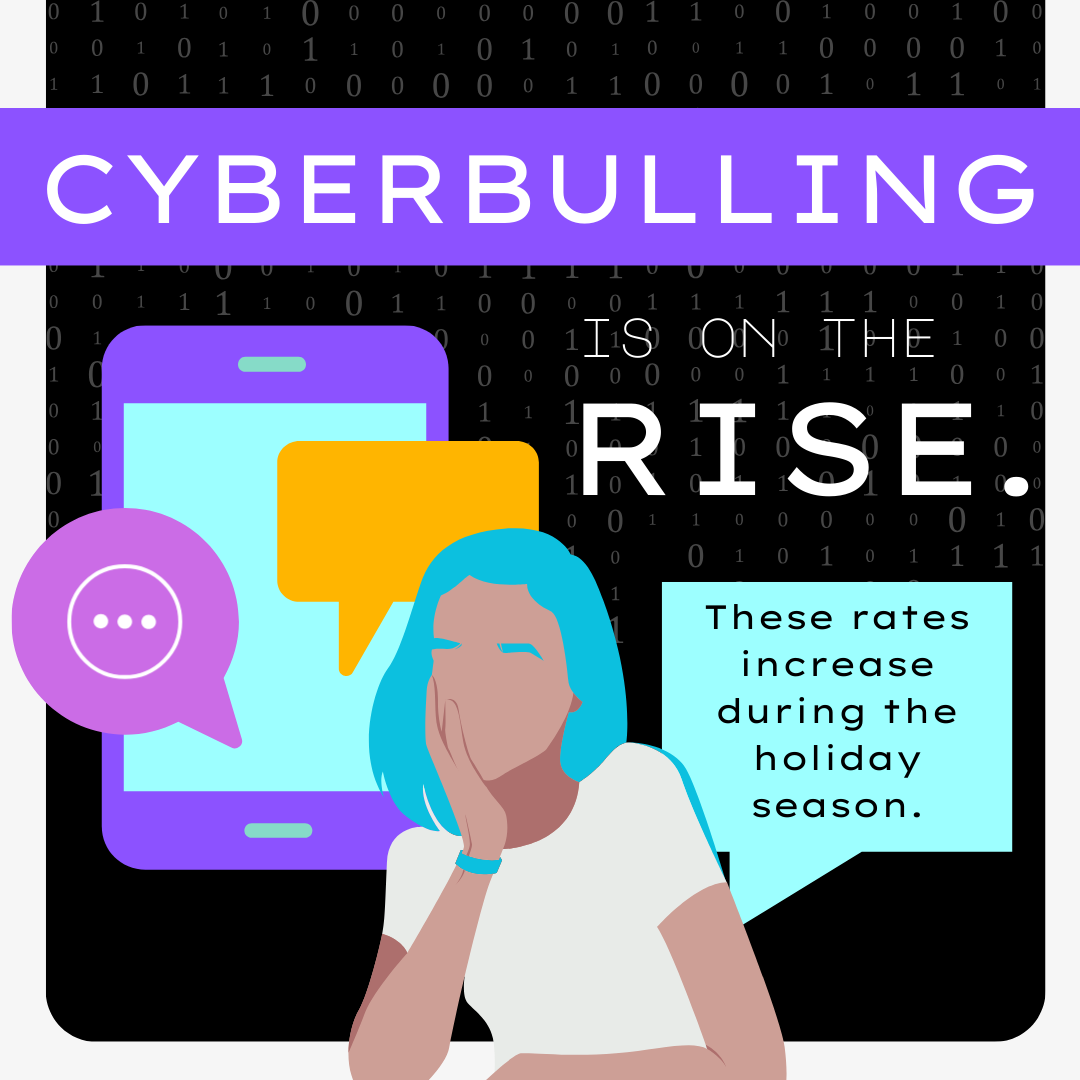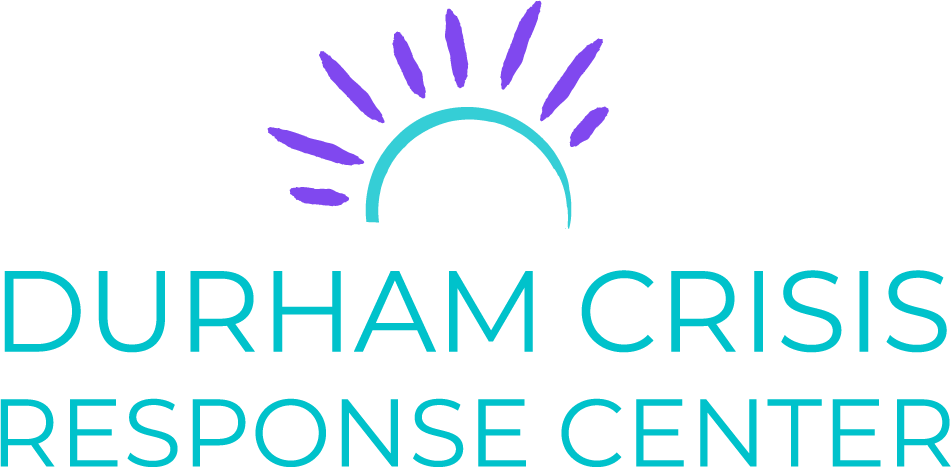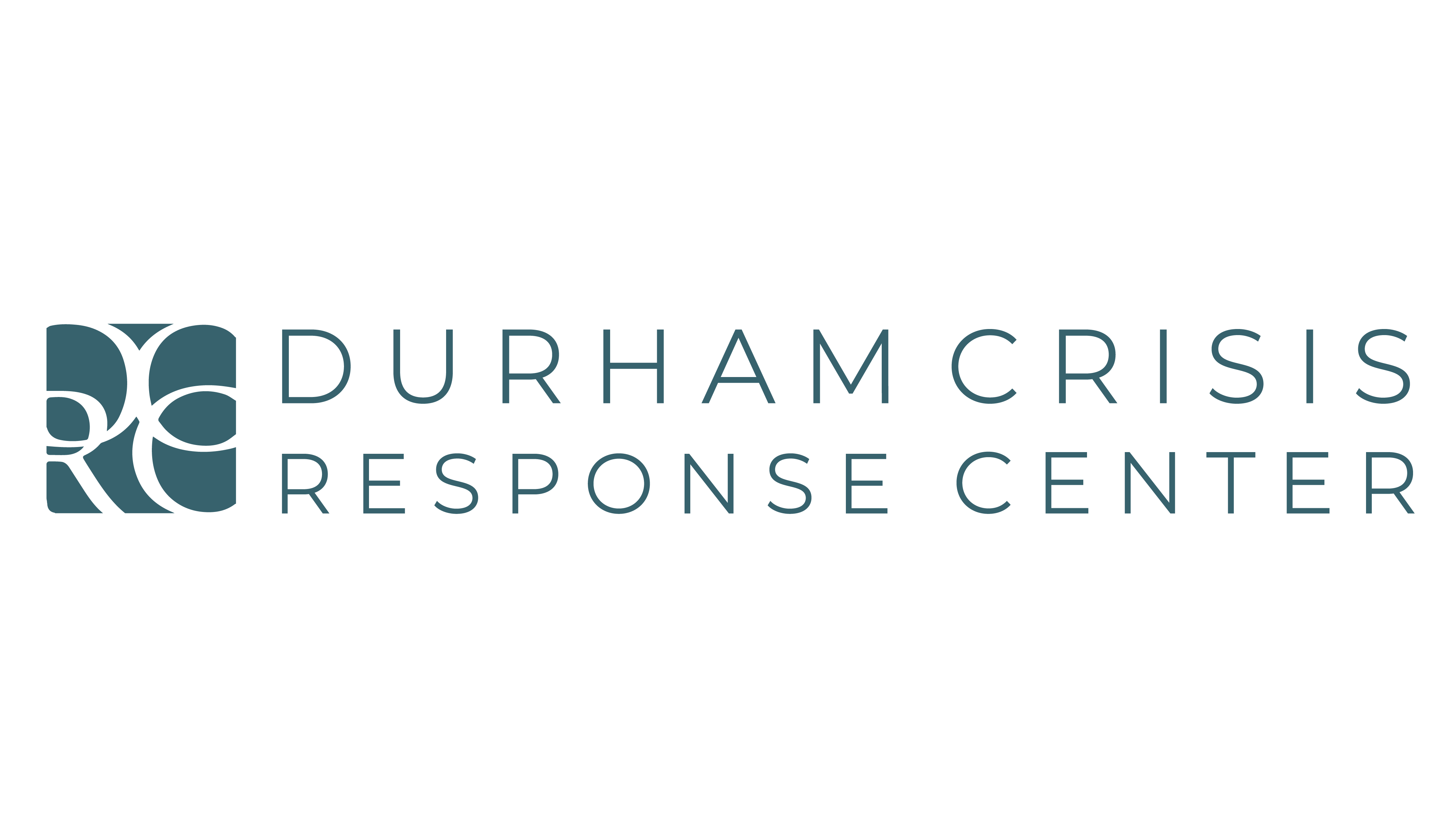Keep Your Family Secure Online
In 2020, United Way of North Carolina and the Cybercrime Support Network announced a joint venture: North Carolina’s first cybercrime support and recovery network.

Get the resources you need.
By dialing 211, you can report a cybercrime and receive resources.
Cyberbullying and assault via the internet are on the rise; the rates significantly increase over the holidays. To ensure you and your family stay safe, we offer some information and resources below.

Online Safety Tips for Children and Adults
According to the NSPCC, the most significant risks for our children online are :
– Cyberbullying
– Invasion of Privacy
– Theft of Identity
– Exposure to Offensive Images and Text
– Grooming
– Gaming Abuse
The best prevention methods we have are to teach children to keep their identities and personal information private—and to make sure, as best you can, that your child has a relationship with a safe adult with whom they can share their internet concerns—yourself, a trusted teacher, an aunt or uncle, etc.
Know the Facts
Privacy settings are crucial; keep them on to protect yourself and your child. Don’t click on links you don’t recognize. Be careful of what you download. All the strategies for keeping your information and identity safe will also benefit your child’s safety.
Have conversations with your kids about the dangers of talking to strangers online. Be frank; let them know that strangers will present themselves as kids and will do and say anything to get and keep their interest.
Resources
STOP BULLYING NOW HOTLINE (USA) 1-800-273-8255
- Helpline set up by the U.S. Department of Health and Human Services
- Available 24/7
CYBERSMILE is a non-profit agency in the U.S. and U.K. dedicated to a safe and healthy internet environment.
The Trevor Project is a terrific general resource for LGBTQIA+ youth.

Grooming
“Grooming” is a relationship that manifests over days or even years. It is an effort to deceive a young person and to coerce them into a sexual relationship, often for trafficking.
There are many myths among kids about online grooming:
– Only girls are victims.
– The victim is to blame.
– Only men are aggressors.
– Aggressors are easily recognizable.
None of these myths are true. “The rates of online sexual solicitation of adolescents by adults ranged from 13.9% to 17.8%, and the percentage of adolescents who sexually interacted with adults in response to these solicitations ranged from 5.4% to 7.6%.” NIH
Here are some warning signs regarding an online relationship for you and your children.
- It seems too good to be true.
- They send lots of messages.
- They send you sexual messages.
- They try to keep the conversation private.
- They try to blackmail you.
- They avoid video or phone calls.
Great Internet grooming prevention resources:
Adult internet safety has a lot in common with its younger counterparts:
- Keep your identity and information protected. Use strong passwords.
- Adults can be preyed upon by criminals seeking to exploit them for money and sex. Look at the Warning Signs to see if your online relationship meets those criteria.
- Report, report, report. Gaming is particularly full of bullying.
- Adults in abusive relationships can be victims of cyberstalking (using GPS tracking systems following social media sites to know where the victim is).
Adults are also subject to:
- Adults in abusive relationships may have access to their finances denied or accessed by an abuser. If it is safe to do so, make your bank aware of this intrusion. Change your passwords. Do not give anyone access to your individual information and accounts.
- Adults (and children) may be body-shamed and bullied.
- Doxxing (someone makes your personal information available online)
- Revenge Porn (sharing of intimate photos and videos)
- Sextortion

Tips for Students:
Being online can mean being the recipient of texts and photos we didn’t ask for and don’t want to receive. We cannot stress the importance of keeping your privacy safe. If someone asks you for nudes, for instance, you can decline.
If you still must send nudes, consider using an app that will make the photo temporary and disappear quickly, not a screenshot. Snapchat is a good example. We don’t condone this behavior, but we do, above all, want you to be safe.
Your information and pictures can and will be posted by an angry ex, a thoughtless friend, or a mean-spirited peer. Please don’t give these people more information to help them hurt you.
Consider this before sending nude photos. >>>LGBTQIA+ people are at high risk for cyberbullying and trafficking. These resources will be helpful but for queer-specific resources. We’ve added those below.
Resources, including LGBTQIA+
Please contact Durham Crisis Response Center to have a prevention educator come to your school, work, or club and present an in-depth hour-long conversation about these issues and other non-cyber related issues like interpersonal violence, safe dating, and more.
Sexual Assault and IPV Prevention –
- What is it
- What does it look like
- How to prevent it
- How DCRC helps
What is DV?
Domestic Violence is a pattern of coercive, controlling behavior that can include physical abuse, emotional or psychological abuse, sexual abuse, or financial abuse (using money and financial tools to exert control). Some abusers don’t use Violence at all to control a person completely. All types of abuse are devastating to victims. Some forms of sexual assault include Attempted rape. Fondling or unwanted sexual touching. Forcing a victim to perform sexual acts, such as oral sex or penetrating the perpetrator’s body.
Abuse is never the fault of the victim or survivor, and it can be challenging for a lot of reasons to leave the relationship. One reason may be safety.
Intimate partner violence (IPV) is abuse or aggression that occurs in a romantic relationship. “Intimate partner” refers to current and former spouses and dating partners. According to the Centers for Disease Control, IPV can vary in how often it happens and how severe it is. Domestic Violence is a version of IPV in which the partners are legally married.
IPV looks like a lot of things. It can look like someone else is controlling your finances, paycheck, bank account, or even your ability to work.
It looks like psychological harm, like gaslighting.
It looks like emotional harm, like threatening to take your children or pets.
And, of course, it looks like physical harm, bruises, broken bones, sprains, cuts, and more.
While interpersonal Violence varies from person to person, here are some common RED FLAGS, or signs that your partner may be abusive:
Frequent bouts of anger or rage
Gaslighting, or blaming yourself for things you didn’t do.
Hitting, choking, spitting, hair-pulling, kicking, pushing, and slapping are all forms of physical Violence.
Does not respect your boundaries.
They are controlling who you can see and when.
They keep you from seeing certain people because of your partner’s jealousy of them.
Keeping you from your family.
Being overly critical of and even punishing you.
Threatening to harm your children or pets
Keep all your cash and control the finances without your consent.
More on this topic can be found here.
And remember, abuse is never the fault of the person being abused.
FAQs about DV can be found here.
Sexual Assault/Rape:
It is the coerced or forcing of sexual acts without willing, uncoerced, pleading for, or bullied consent. In other words, consent means an enthusiastic, willing yes that should be repeatedly asked and checked in with a partner or partners.
Prevention:
Public: if you are in a bar or restaurant, never lose sight of your drink. It’s best to drink from a can you can watch be opened and then hold onto. So-called “date rape” drugs, like Rohypnol, are increasingly common. If you suddenly feel more inebriated than you can account for, you should tell the bartender, the server, and a friend and immediately get a ride home with a friend.
Unfortunately, if you’re drunk or have been dosed, that can make you susceptible to assault from the driver of a car service. If you can, get a ride from a friend.
Help youth become aware of red flags and prevent future abuse.
We teach two evidence-based curriculums: Safe Dates for 8th grade and up and Shifting Boundaries for middle school. If you are in Durham County, please get in touch with sam@thedcrc.org for information and booking. It is free.
We can also speak at meetings, businesses, clubs, or anywhere a group assembles on various topics! This service is free.
- Gender Norms and Sexual Violence
- Domestic Violence/Interpersonal Violence 101
- DV/IPV 201
- Marginalized Communities and Sexual Violence
- Campus Assault Prevention
- And more

